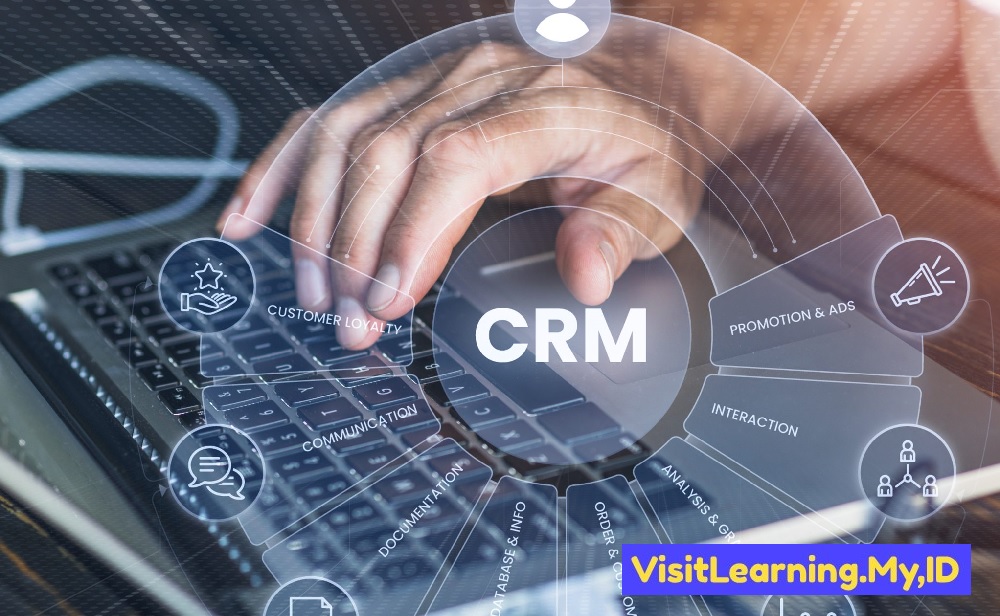Analytics and Reporting CRM Business – In today’s fast-paced business world, understanding your customers is more important than ever. That’s where Analytics and Reporting in Customer Relationship Management (CRM) come into play. They’re like the compass guiding your ship through uncharted waters, helping you navigate the best paths to success. Let’s explore how these tools can help your business thrive and grow.
What is CRM Analytics and Reporting?
CRM Analytics is all about collecting data from your customer interactions and turning that information into useful insights. Think of it as the GPS for your business. It shows you where you are, where you’ve been, and where you’re headed. Reporting, on the other hand, is how you share these insights with your team. It’s like telling a story that helps everyone understand the journey.
Why Does Your Business Need CRM Analytics?
Imagine trying to hit a target blindfolded. Not easy, right? That’s what running a business without CRM Analytics feels like. Here are a few reasons why your business can’t afford to skip this step:
- Better Customer Insights: Understanding what your customers like and dislike helps you tailor your services. When you know what makes them tick, you can respond faster and better.
- Improved Decision-Making: With data at your fingertips, making informed choices becomes simpler. It’s like having a personal guide that tells you the best routes to take.
- Increased Efficiency: CRM Analytics helps pinpoint where your operations are lagging. This way, you can streamline processes and save time and money.
Key Features of CRM Reporting
CRM Reporting isn’t just a boring list of numbers. It tells the tale of your business. Here’s what you’ll find useful:
- Performance Tracking: Want to know how your sales team is doing? Reports can showcase their performance over time, helping you celebrate wins and identify areas for improvement.
- Customer Engagement Metrics: Dive into how often and in what ways your customers interact with you. This can reveal patterns that might surprise you.
- Sales Forecasting: Using past data, reports can help predict future sales trends. It’s like peeking into a crystal ball, letting you plan ahead with confidence.
How to Use CRM Analytics Effectively
Understanding analytics is one thing, but using them effectively makes all the difference. Here are ways to put those insights to work:
- Set Clear Goals: Start by knowing what you want to achieve. Are you looking to boost sales or improve customer satisfaction? Clear goals guide your analytics efforts.
- Regularly Review Reports: Make it a habit to check your reports often. This keeps you on top of changes and helps make timely decisions.
- Engage Your Team: Share insights with your team to foster a culture of data-driven decision-making. When everyone understands the “why” behind choices, they’re more likely to buy in.
The Future of CRM Analytics and Reporting
As technology evolves, so do CRM tools. Expect even more advancements in AI and machine learning, making analytics smarter and reports more insightful. Imagine a time when your CRM predicts customer needs before they’ve even voiced them!
Embrace the Power of Analytics and Reporting
In the world of business, knowledge is power. By embracing CRM Analytics and Reporting, you give yourself the tools to understand your customers deeply, make informed decisions, and ultimately drive growth. It’s time to turn data into action and make your business shine brighter than ever before. Don’t let your ship sail aimlessly—chart your course with the insights analytics provides.
